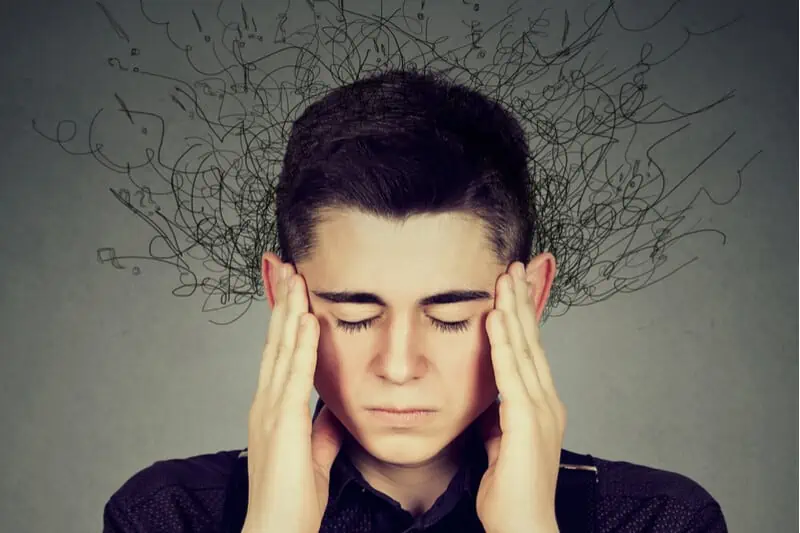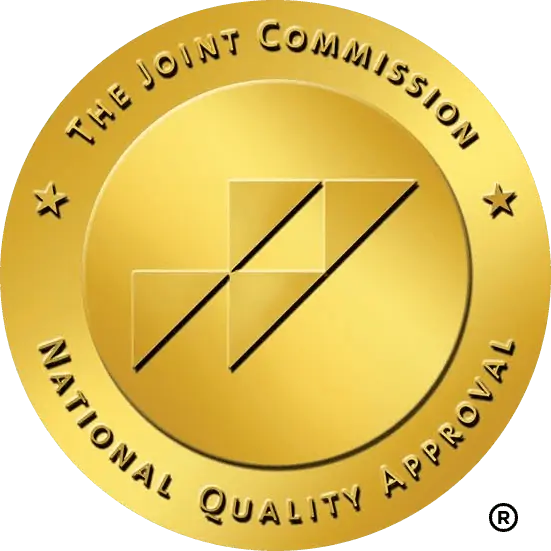A Brief But Intimate Look At Teenage Bipolar Disorder
A Brief But Intimate Look At Teenage Bipolar Disorder What Is Bipolar Disorder? Bipolar disorder, also known as manic depression, is a severe mental illness that currently affects nearly 2.6% (roughly one-million) of American teens. Bipolar disorder symptoms are characterized by dramatic mood-swings that range from highs (otherwise known as









